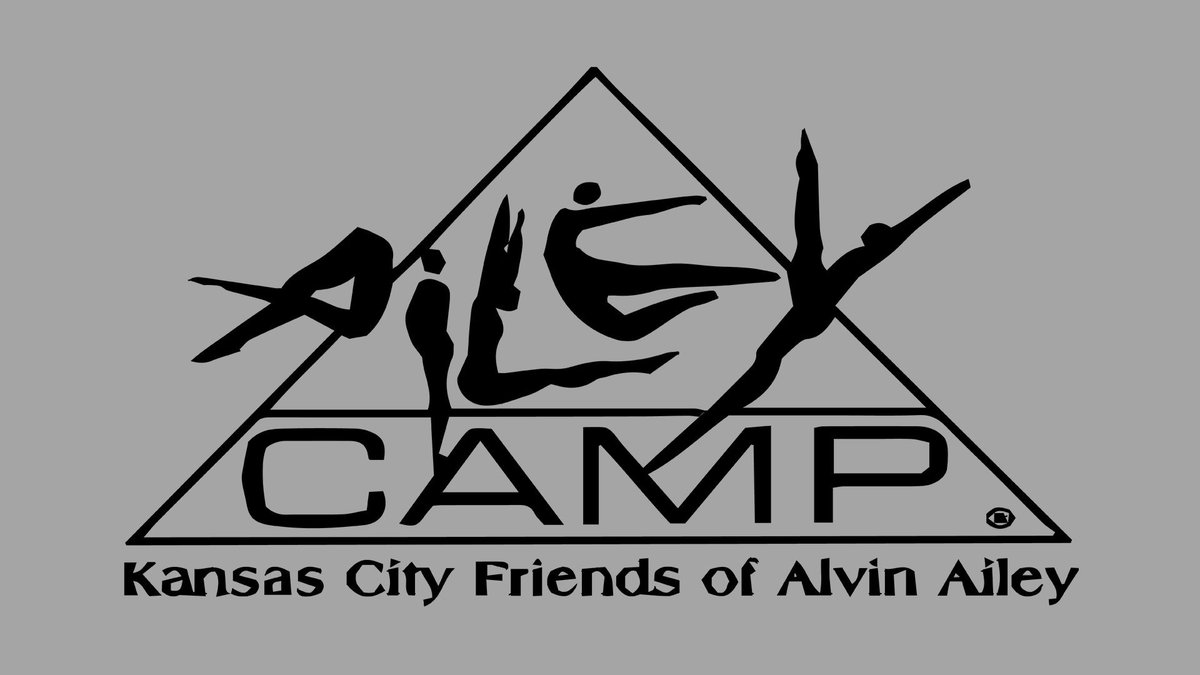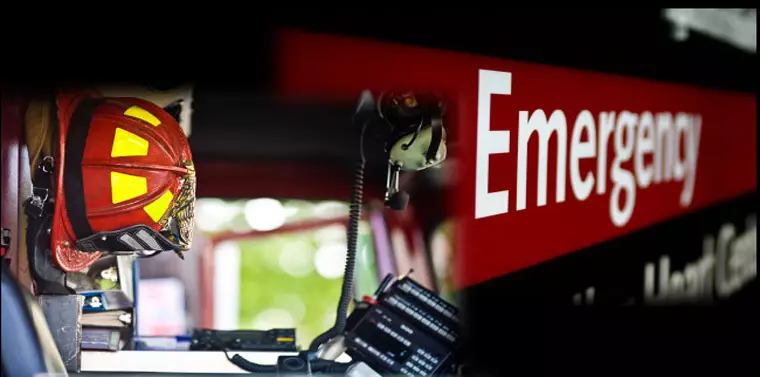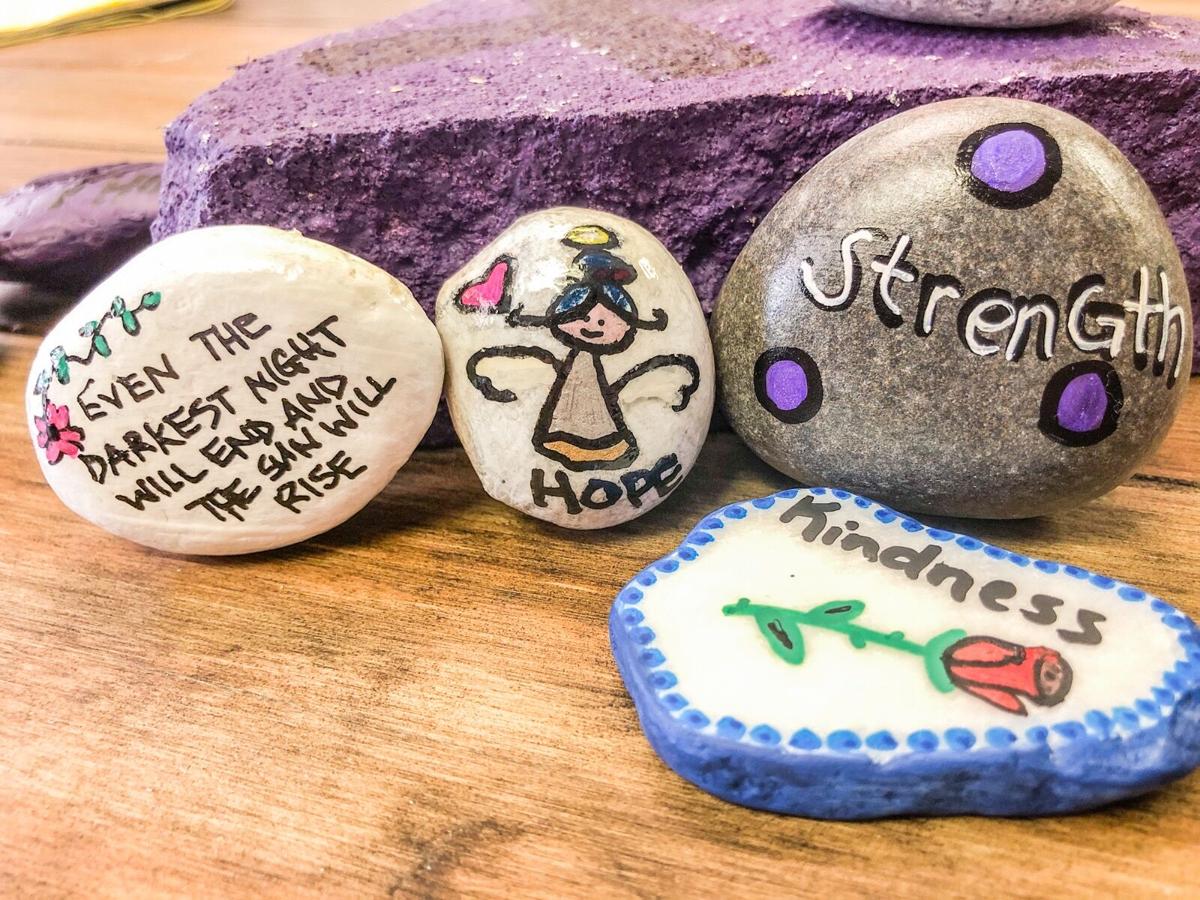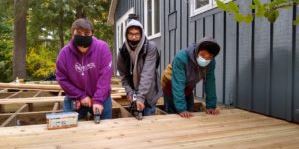Blog
25 Feb Funding Alert! Rural Innovation Stronger Economy (RISE) Grants
United States Department of Agriculture – Rural Development Is your organization or government agency seeking to increase employment opportunities and readiness for rural communities? Check out this great opportunity from the United States Department of Agriculture (USDA). The USDA recently announced $10 million in grant awards to support job accelerator partnerships to improve the ability of rural communities to create high-wage jobs, accelerate the formation of new businesses, and help rural communities identify and maximize local assets. Applications for this program are due April 19, 2022.18 Feb Funding Alert! Grants for First Responders Comprehensive Addiction
Department of Health and Human Services – SAMHSA Attention first responders and community officials addressing addiction and recovery in their communities! The Department of Health and Human Services (HHS) is accepting proposals for its First Responders Comprehensive Addiction and Recovery Act Grants to support first responders and members of key community sectors addressing opioid overdose with emergency reversal drugs and devices through SAMHSA (Substance Abuse and Mental Health Services Administration). As a component of the HHS, SAMHSA leads public health efforts to advance the behavioral health of the nation. The overall goal of the First Responders program is to provide resources to first responders other legally recognized volunteer organizations to train, carry, and administer Federal Food, Drug, and Cosmetic Act (FD&C Act) approved drugs and devices for emergency reversal of known or suspected opioid overdose.11 Feb Funding Alert! Grants for Legal Assistance for Victims (LAV) of Domestic Violence, Dating Violence, Sexual Assault, and Stalking
Department of Justice – Office on Violence Against Women Does your organization work with victims of domestic violence, dating violence, sexual assault, or stalking? The Department of Justice (DOJ) is accepting proposals for its Grants for Legal Assistance for Victims (LAV) of domestic violence, dating violence, sexual assault, and stalking (DVSA) through the Office on Violence Against Women (OVW), a component of the DOJ. The overall goals of the LAV program are to increase the availability of civil and criminal legal assistance needed to effectively aid adult and youth (ages 11 and older) victims by providing funds for comprehensive direct legal services in legal matters relating to or arising from abuse or violence. OVW is especially seeking organizations that serve culturally specific organizations to advance racial equity, improve outreach and services to underserved and population-specific communities, and focus on sexual assault and non-intimate partner sexual assault.03 Feb Funding Alert! Rural Communities Opioid Response Program – Behavioral Health Grants
Health Resources and Services Administration Does your organization provide behavioral health care services in rural areas? The Health Resources and Services Administration (HRSA) recently opened its annual funding opportunity, the Rural Communities Opioid Response Program – Behavioral Health Care Support (RCORP-BHS). RCORP-BHS is a multi-year initiative that improves access to and quality of substance use disorder (SUD) treatment and other behavioral health care services in high-risk rural areas. Ultimately, RCORP-BHS aims to reduce morbidity and mortality of SUD, including opioid use disorder (OUD), in these communities. Applications for this program are due April 19, 2022.27 Jan Funding Alert! Area Health Education Centers Program
Health Resources and Services Administration Attention institutions of higher education with schools of medicine! The Health Resources and Services Administration (HRSA) recently opened its annual funding opportunity, the Area Health Education Centers (AHEC) Program. AHEC develops and enhances education and training networks within communities, academic institutions, and community-based organizations. These efforts support three overarching goals related to the health care workforce: increased diversity and cultural competency, enhanced distribution (especially among rural and underserved areas and populations), and practice transformation for a high-quality health care delivery system. Applications for this program are due April 6, 2022.21 Jan Funding Alert! Women and Minorities in STEM Grants
United States Department of Agriculture – National Institute of Food and Agriculture Attention institutions of higher education! The United States Department of Agriculture (USDA) recently opened its annual Women and Minorities in Science, Technology, Engineering, and Mathematics Fields (WAMS) funding opportunity through the National Institute of Food and Agriculture (NIFA). This program funds research and extension activities that increase the participation of women and underrepresented minorities from rural areas in the science, technology, engineering, and mathematics (STEM) fields, specifically the food and agricultural sciences. Proposals for this program are due March 31, 2022.14 Jan Funding Alert! Grants for Fire and Emergency Response
Department of Homeland Security – Grants for Staffing for Adequate Fire and Emergency Response Federal Emergency Management Agency (FEMA) Attention fire departments and the nonprofit organizations that support them! The Department of Homeland Security (DHS) and FEMA recently opened their annual funding opportunity that assists fire departments with workforce and deployment capabilities. The Staffing for Adequate Fire and Emergency Response (SAFER) Grant program provides funding directly to eligible fire departments and nonprofit organizations that represent the interests of volunteer firefighters. The overall goal of the SAFER program is to improve local fire departments’ capacity for emergency response, resulting in a reduction in response times and an increase in the number of trained personnel available at an incident. The proposal deadline is coming up quickly on February 4, 2022.05 Jan Funding Alert! Native American Library Services Basic Grants
Institute of Museum and Library Services Attention Native American tribal organizations! Does your entity operate an existing library? If so, you may be eligible for this Institute of Museum and Library Services (IMLS) grant program. The Native American Library Services Basic Grant program supports Native American...










